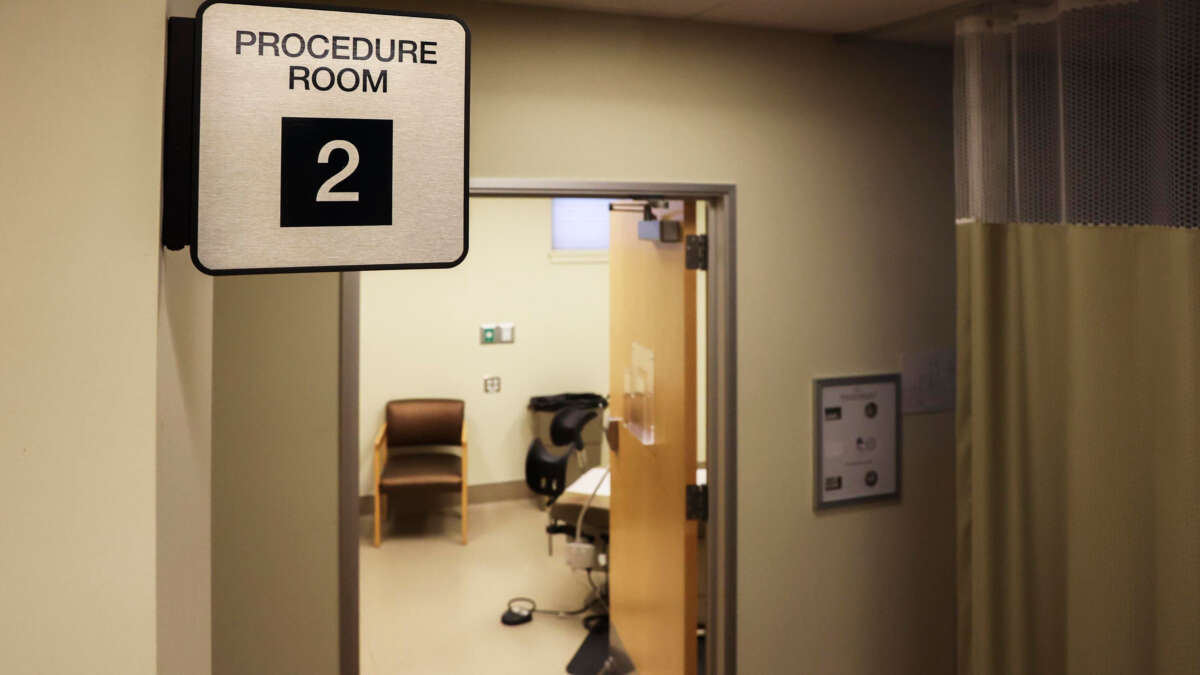The state of Idaho, represented by the Alliance Defending Freedom – designated a hate group by the Southern Poverty Law Center – asked the U.S. Supreme Court on Monday to allow its abortion ban to take full effect. Idaho’s Defense of Life Act is one of the strictest abortion bans in the country and imposes criminal penalties on doctors who perform abortions in the state.
In 2022, the Department of Justice (DOJ) sued the state over the law, asserting that it violated the federal Emergency Medical Treatment and Labor Act (EMTALA), which requires hospitals to provide emergency medical care, including medically necessary abortions, to patients.
“Federal law is clear: patients have the right to stabilizing hospital emergency room care no matter where they live,” Department of Health and Human Services Secretary Xavier Becerra said in a statement. “Women should not have to be near death to get care. The Department of Health and Human Services will continue its work with the Department of Justice to enforce federal law protecting access to health care, including abortions.”
A district court sided with the DOJ, finding that Idaho’s abortion ban was in violation of EMTALA, and partially blocked the law from going into effect.
“Allowing the criminal abortion ban to take effect, without a cutout for EMTALA-required care, would inject tremendous uncertainty into precisely what care is required (and permitted) for pregnant patients who present in Medicare-funded emergency rooms with emergency medical conditions,” District Judge B. Lynn Winmill said in his ruling.
In September, a three-judge panel of Trump-appointees to the 9th U.S. Circuit Court of Appeals agreed to let Idaho enforce its ban, but this month the full 9th Circuit reversed the panel’s ruling, granting the DOJ’s request to block the law while the appeal proceeds. Idaho has requested that the Supreme Court reverse this decision and allow the full abortion ban to go into effect.
Physicians have said that the state’s abortion ban is vaguely written and makes it difficult to determine when doctors can intervene and perform an abortion in a medical emergency without facing prosecution for doing so. Doctors who are prosecuted under the law face two to five years in prison and the revocation or suspension of their medical license.
The fear of criminalization and license revocation has led doctors in Idaho to turn away pregnant people facing medical emergencies in need of an abortion. In September, the Center for Reproductive Rights filed a lawsuit in Idaho on behalf of women who were denied abortions despite dangerous pregnancy complications.
“The Supreme Court’s unwarranted reversal of Roe v. Wade has led repeatedly, in multiple states, to women being denied abortion care when they face serious complications in their pregnancies,” Nancy Northup, president and CEO of the Center for Reproductive Rights, said in a statement. “Abortion bans across the nation are exposing pregnant people to risks of death, illness, and injury, including loss of fertility. The women standing up today survived, but it is only a matter of time before someone does not.”
At least one hospital in the state has completely shuttered its obstetric department, citing the state’s “legal and political climate.” This hospital, Bonner General Health, staffed the county’s only OB-GYN department and, now without its services, county residents have to drive at least an hour south to access OB-GYN care.
